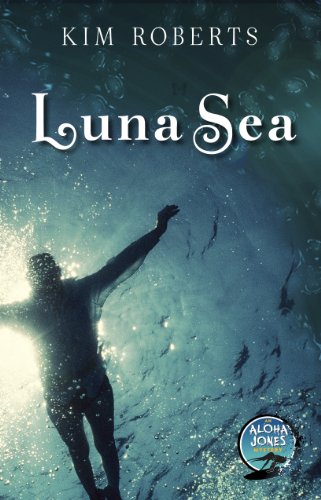
Ecology


Tips for slow and sustainable travel
Sustainable travel is all about choices of travelers. If you want to be more conscious of local and environmental impacts of your travel, there are resources and ideas aplenty.
Read about WSU research on slow and sustainable travel (WSM, Summer 2023)
Here are a few tips and ideas for your next sustainable voyage.
Look for eco-friendly seals at places you visit or on things you buy. When businesses and places have a certification such as the following, they show their commitment to sustainability:

Mount St. Helens: The aftermath and lessons learned
The sky was falling. And Richard “Dick” Mack gathered a group of graduate students to help collect it. In the first few days after Mount St. Helens erupted—sending some 540 million tons of ash over an area of 22,000 square miles—the WSU ecology professor was already thinking of its potential research value.
Mack‚ now a professor emeritus in WSU’s School of Biological Sciences, spent the summer of 1980 doing field work between Pullman and Vantage, studying the effects of the ash on vegetation—particularly native plants, such as certain willows and grasses. For about five years or so after that, he and … » More …

Very well off the beaten path
“There he is!” I look up as tattered orange wings flutter above the sunflowers. A lone male monarch butterfly hovers near the milkweed patch, gallantly hoping, says wildlife ecologist Rod Sayler, for the arrival of a female.
The scene took place early last August at the Washington State University Arboretum and Wildlife Center, where for the first time in 25 years, Sayler documented the iconic butterflies living and breeding on campus. Weeks earlier, to his astonishment, he’d found a handful of monarch caterpillars devouring the leaves of recently restored showy milkweed plants.
“The monarchs were a big surprise for me,” he says. “It’s the first … » More …
Till tomorrow
Agricultural research shifts to the LONG game
As David Huggins looks out across the rolling hills of the R.J. Cook Agronomy Farm at Washington State University in Pullman, his enthusiasm about soil is tempered with a sense of urgency about the future of agriculture.
Huggins, a USDA Agricultural Research Service (ARS) soil scientist, is keenly aware of the squeeze placed on agriculture by a growing global population in the face of limited resources and a changing climate.
“At no time in the history of the world have we known more about our farming system and our understanding of soil, the atmosphere, and our crops,” … » More …
Restoring chaos on the Tucannon River
Salmon and other fish need cool, deep pools to spawn and survive in waterways like Washington’s Tucannon River. Washington State University researchers and their colleagues are measuring whether intentional logjams and stream reconstruction is creating better habitat for fish.
Mountains and rivers and prairies without end
“The whole concept has burgeoned ... to one where the landscape is part of why people select to live in certain locations, has political meaning, has religious meaning, has all of these other kinds of meaning.”
» More ...
New & noteworthy
Luna Sea
by Kim Roberts ’82
2012
Aloha Jones, harbormaster at Lahaina, Maui, investigates the murder of a local troublemaker in this mystery set in Hawaii and filled with sharks and funky characters on the dark side of paradise.
The Boys From Ireland: An Irish Immigrant Family’s Involvement in the Civil War
by Neil W. Moloney ’53
2012
In this historical fiction, a group of dispossessed Irish immigrants find themselves embroiled in America’s Civil War, enduring poverty, starvation, and the loss of family members.
Biodesign Out for a … » More …

The Republic of Nature: An Environmental History of the United States

Mark Fiege ’85 MA
University of Washington Press, 2012
Contemplate the founding of the United States, a budding democracy carved out of a vast and unknown (to everyone other than its original inhabitants) wilderness. At some point, one might find oneself unable to extricate American history from Nature and its effects and implications. But we haven’t really, not until Fiege’s remarkable analysis.
Although he is keenly aware of Thomas Jefferson’s warning that “The moment a … » More …

Bringing history and historian together
Historian Douglas Brinkley recently visited Seattle to interview William D. Ruckelshaus, the founding head of the Environmental Protection Agency and advisor to a variety of Northwest clean water and community groups.
Ruckelshaus first made the connection between the environment and public health shortly after graduating from Harvard Law School when he returned to Indiana as a young lawyer. In the office of the Indiana attorney general, Ruckelshaus was assigned to the Indiana Board of Health, where he noticed that many of the state’s health issues were tied to air and water pollution, he says. It was a foundation for his work a decade later defining … » More …

